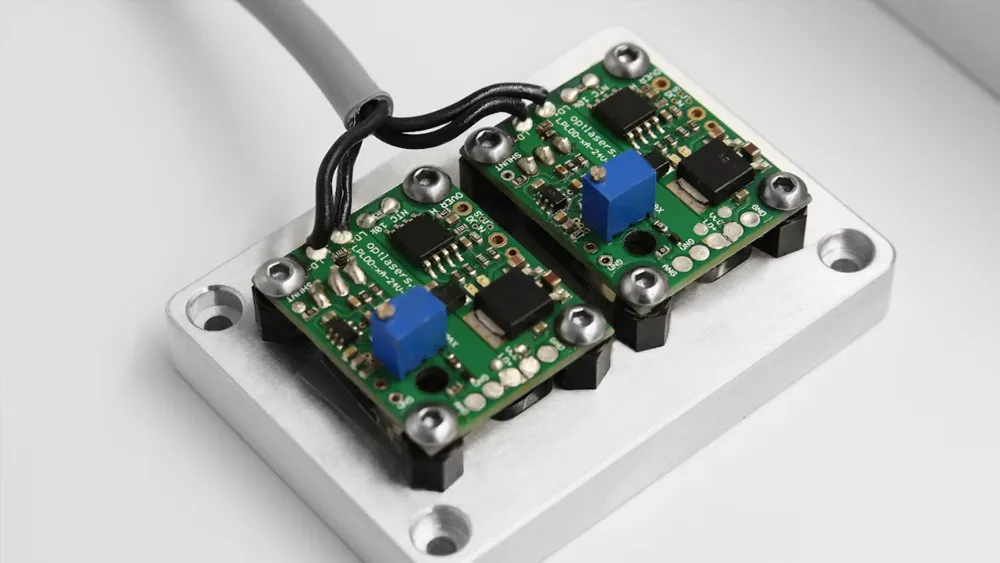
How to get CE certification for toys?
Toy CE certification refers to ensuring that toy products meet EU safety standards. Once ce certified, toys can be freely sold in the EU market. The standard for toy CE certification is the Toy Safety Directive 2009/48/EC, and the related standards are EN71, which is divided into three parts: EN71-1 (mechanical and physical hazards), en71-2 (flammability tests), and EN71-3 (chemical testing for harmfUL substances).
What are the EN71-1, EN71-2, and EN71-3 testing items?
1. EN71-1: Physical and Mechanical Performance testing
This includes drop tests, small parts tests, sharp edge tests, tensile tests, force tests for ears, nose, eyes, pressure tests, torsion tests, and seam tests, etc.
2. EN71-2: Flammability Tests
This specifies the types of flammable materials that are prohibited, requiring tested materials to not exceed prescribed burning rates. It mainly involves toys for children to wear, such as toy clothing, plush or textile-filled toys, and other toys with flammable components.
3. EN71-3: Migration Testing of Specific Elements (Eight Heavy Metals Test)
This test simulates potential contact with toy components, considering even misuse situations. It regulates the maximum migration limits of elements like antimony, arsenic, barium, cadmium, chromium, lead, mercury, and tin in toy materials or parts (Eight Heavy Metals Migration Test).
Which toys require CE-en71 certification?
- Children's Toys: Includes various plush toys, puzzles, building blocks, bubble guns, slingshots, model toys, etc.
- Electronic Toys: Such as video games, smartphone-controlled toys, robots, etc.
- Toy Vehicles: Including model cars, electric toy cars, remote control cars, etc.
- Sporting Toys: Such as scooters, trampolines, hobby horses, climbing frames, etc.
- Water Toys: Includes swim rings, snorkeling equipment, inflatable boats, etc.
Toy ce certification label:
The testing content usually varies depending on the age of the child. Labels commonly specify age ranges such as 0-3 years, 3 years and up. Currently, CE certification for toys also requires information about the EU representative.
Process for obtaining Children’s CE Certification:
1. Step 1: Complete the application form, provide company details, product information, and send samples.
2. Step 2: Engineers categorize the toys and offer a quote.
3. Step 3: The applicant confirms the quote, signs a contract, makes payment, and provides samples.
4. Step 4: The testing laboratory conducts the full set of tests according to relevant EU standards.
5. Step 5: Once testing is complete, the report is finalized.
6. Step 6: Upon passing, the ce certificate for toys is issued.
We offer EU toy certification services at 30% lower prices compaRED to other labs. Feel free to contact us for inquiries.
Email:hello@jjrlab.com
Write your message here and send it to us
 What Are the Product Compliance for Amazon Austral
What Are the Product Compliance for Amazon Austral
 Australia IoT Security Compliance
Australia IoT Security Compliance
 V16 Warning Light EU EN 18031 Cybersecurity Certif
V16 Warning Light EU EN 18031 Cybersecurity Certif
 Japan IoT Security JC-STAR Certification
Japan IoT Security JC-STAR Certification
 FCC SDoC Compliance Information Statement
FCC SDoC Compliance Information Statement
 What Does FCC SDoC Certification Mean?
What Does FCC SDoC Certification Mean?
 What is Bisphenol A (BPA) Testing?
What is Bisphenol A (BPA) Testing?
 LED Display Export to the EU CE-EMC + RoHS Directi
LED Display Export to the EU CE-EMC + RoHS Directi
Leave us a message
24-hour online customer service at any time to respond, so that you worry!




